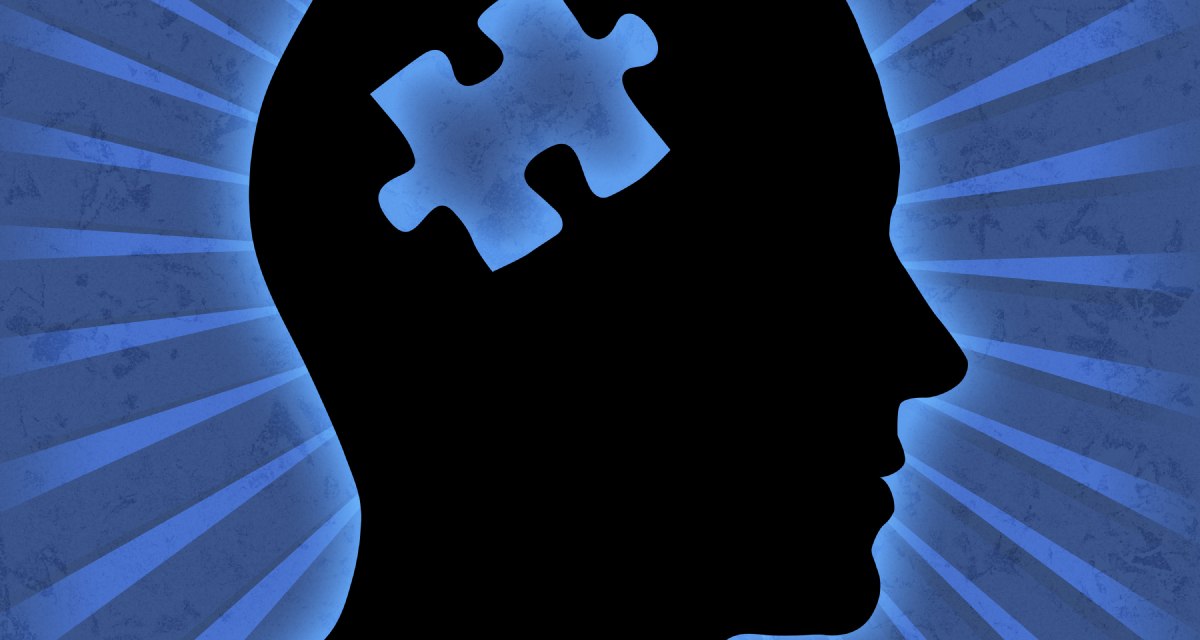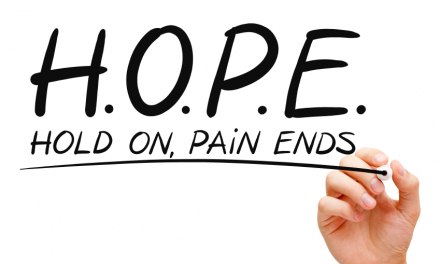Okay, granted– many of us have way more trouble remembering things than forgetting them. But apparently forgetting is actually the road to a better memory. I was fascinated to read about possible benefits of what’s called active forgetting-– a process by which the brain “cleans out” information from our memory, so that it’s no longer readily available when we want it. It’s upsetting to many of us, especially as we age, but turns out the process may actually help improve memory function in future.
A Leaky Memory May Be a Good Thing
As time passes, many of us store information that is no longer of any real use. I can recall all the telephone numbers of all the homes where my family and I lived as a child. It’s no real effort, they’re right there if I want them. But why do I want them? I don’t. Nevertheless, those long-cancelled phone numbers continued to take up space in my head.
Some people have an almost freakish talent for information storage. Like those folks with eidetic or photographic memories, who can scan whole pages from books or files and then reproduce them accurately. Then there’s HSAM, or Highly Superior Autobiographical Memory, which allows the individual to recall in detail everything that happens in their own lives.
That must be awful. You’d alway be interrupting other people to correct their versions of shared events.
It may be possible to overfill our memory. Take the famous case of S., a journalist whose prodigious memory contained so much detail (much irrelevant) that he found himself struggling to take in any new information. For a journalist, that’s not helpful; picture a hard drive with no remaining space. Working with his psychologist, S. learned that by making a conscious decision not to recall an event– as in “I will not remember this vehicle”– he could exert a degree of control over his brain’s tendency to record everything verbatim. Translation: he could selectively forget information.
I like the suggestion that there’s a role for decision-making in the process of forgetting, which ordinarily happens well outside our control.
What if we could develop protocols, like CBT does with insomnia or anxiety, to help us manage traumatic memories of the sort associated with PTSD? After all, scientists are already experimenting with various drugs to inhibit the formation of memories in the aftermath of a traumatic event. What about memories that are already entrenched? Suppose there were techniques that could be used whenever symptoms reappeared? That would certainly help in minimizing their adverse effects.
I have read of individuals with severe mental illness who have learned over time to ignore troublesome symptoms. They may still hear voices but they no longer pay attention. Or when burdened with intrusive thoughts, they treat them, as one patient put it, “like road signs you see through the train window as you pass.”
Is there a role for “active forgetting” in interrupting the cycles of vivid memory associated with powerful cravings in early recovery? We’ll see.













